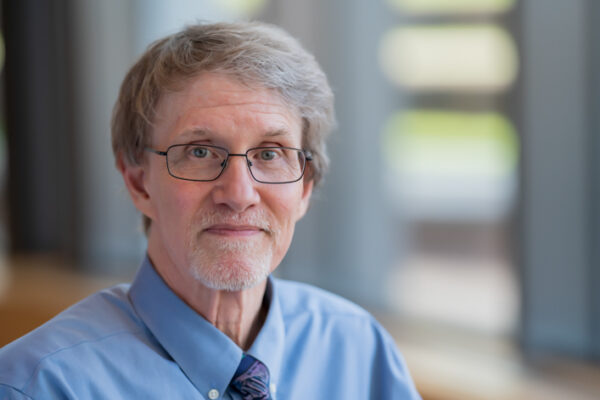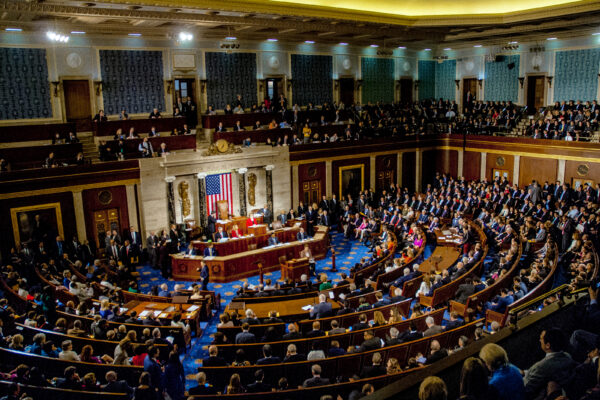Shana Brooks wasn’t ready for college as a young adult, but she always loved learning. So as a busy professional with toddler, Brooks made the demanding decision to enroll in WashU’s School of Continuing & Professional Studies.
“Sure, I could have started my degree when I was 18 and my only job would have been school,” said Brooks, who will graduate with a degree in political science. “But it’s better that I’m here now. I know what I want to do — work in movement spaces. And because of who I am now and the work I do, I can match the work with energy and a deeper understanding of the world.”
Brooks manages operations for the Missouri Organizing and Voter Engagement Collaborative and has worked to support many progressive policies and candidates in her home state of Maryland and now in Missouri, where she lives with her husband and 6-year-old son. A self-described wallflower, Brooks likes working behind the scenes.
“I was the kid who liked maps and calendars,” Brooks said. “If there was something to plan, I was the person to do it. That was my jam.”
Here, Brooks shares what motivates her work and how she defines leadership.
Why did you pick this career?
For me, it all comes down to, I just want you to have health care. And my way of doing that is to work with organizations that want to create a more equitable society, that want to help people no matter their income, race, gender, what have you, because you are a human being and you have dignity. We can have conversations and different ideas about what that looks like, but that’s the core value that I start from.
Why is this work important to you?
Part of it is how I was raised. My family immigrated from Jamaica, and both of my parents worked various jobs until securing union positions. My parents believed in the rugged individualism that is central to the American identity, but they also believed in the idea of community, which is a big part of Caribbean culture. So that was my foundation. When I got older, I became fascinated by Black American history. I loved reading about Shirley Chisholm and the Civil Rights Movement and Fannie Lou Hamer.
The more I read, the more I expanded my idea of what is possible and what my role could be. It also deepened this sense of mourning I have for my ancestors. My husband’s family is from East St. Louis. One day, his grandmother shared the story about her father being born during the East St. Louis race riots of 1917. Her grandparents were on the way to the Black hospital when they were stopped by a white mob with guns. Only after her grandmother got out of the car and proved she was in labor did they let them pass. If not for that piece of random luck, my husband wouldn’t be here, my son wouldn’t be here. And so there is the big, rich history and these small, personal moments that have really put a charge in me to help others.
You describe yourself as a ‘wallflower.’ Can a wallflower be a leader?
Absolutely. When people hear the word ‘leader,’ they think of people who are public facing — politicians and activists. But we can all define leadership our own way. The way that I make an impact is through organizational leadership, taking care of the logistics so that the work gets done. I think about the March on Washington. We remember MLK’s message. But who got the signs, who handled the logistics of getting thousands of people to D.C.? The people in the background play an essential role, and that’s where I see myself. At the end of the day, my core belief is that we all have power, every single one of us.


